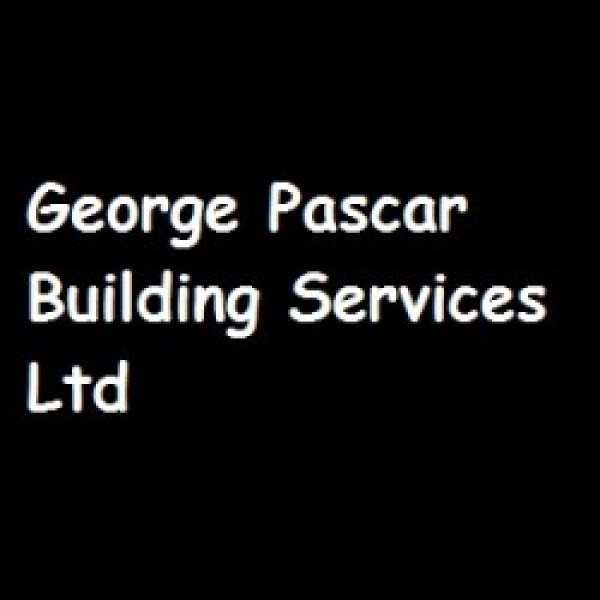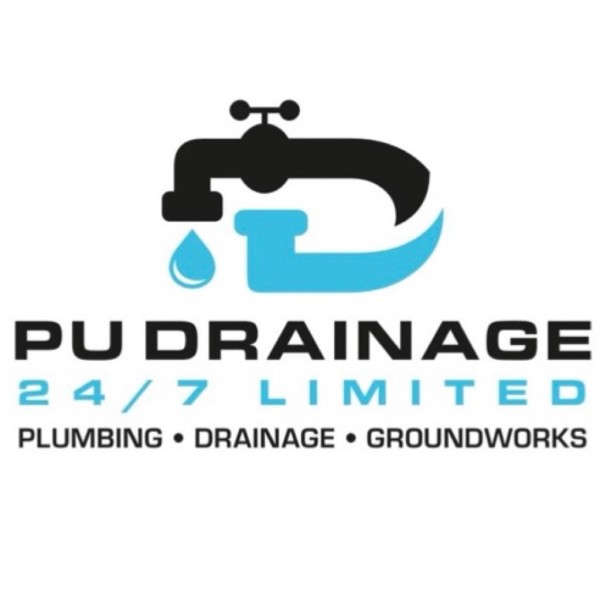Damp Proofing in Camberwell
Filter your search
Post your job FREE and let trades come to you
Save time by filling out our simple job post form today and your job will be sent to trades in your area so you can sit back, relax and wait for available trades to contact you.
Post your job FREESearch Damp Proofing in places nearby
Understanding Damp Proofing in Southwark
Damp proofing is a crucial aspect of maintaining the structural integrity and comfort of buildings, particularly in areas like Southwark, where the climate can contribute to moisture-related issues. This article delves into the various facets of damp proofing, offering insights into its importance, methods, and benefits. Whether you're a homeowner or a property manager, understanding damp proofing can help you protect your investment and ensure a healthy living environment.
The Importance of Damp Proofing
Damp proofing is essential for preventing moisture from penetrating the walls and floors of a building. In Southwark, where the weather can be quite damp, this process is vital for avoiding structural damage and health issues caused by mould and mildew. Damp proofing not only preserves the aesthetic appeal of a property but also enhances its longevity.
Protecting Structural Integrity
Moisture can weaken the structural components of a building, leading to issues such as wood rot and corrosion of metal elements. By implementing effective damp proofing measures, you can safeguard your property against these potential hazards, ensuring it remains sturdy and safe for years to come.
Enhancing Indoor Air Quality
Excess moisture can lead to the growth of mould and mildew, which can adversely affect indoor air quality. This can cause respiratory problems and allergies for the occupants. Damp proofing helps maintain a dry environment, reducing the risk of these health issues and promoting a healthier living space.
Common Causes of Damp in Southwark
Understanding the common causes of damp in Southwark can help in identifying and addressing the problem effectively. The area's climate and building styles contribute to the prevalence of damp issues.
Climate and Weather Conditions
Southwark experiences a temperate maritime climate, characterised by relatively high humidity and frequent rainfall. These conditions can lead to increased moisture levels in buildings, making damp proofing a necessary consideration for property owners.
Building Age and Construction
Many buildings in Southwark are older structures that may not have been constructed with modern damp proofing techniques. These buildings are more susceptible to moisture ingress, necessitating retrofitting with appropriate damp proofing solutions.
Types of Damp Proofing Methods
There are several methods of damp proofing, each suited to different types of buildings and damp issues. Understanding these methods can help you choose the right solution for your property in Southwark.
Chemical Damp Proofing
This method involves injecting a chemical solution into the walls to create a barrier that prevents moisture from rising. It's a popular choice for treating rising damp and is effective in older buildings where traditional damp proof courses may have failed.
Physical Damp Proofing
Physical damp proofing involves installing a physical barrier, such as a damp proof membrane, to prevent moisture from penetrating the building. This method is often used in new constructions and can be combined with other techniques for enhanced protection.
Waterproofing Coatings
Applying waterproof coatings to walls and floors can provide an additional layer of protection against moisture. These coatings are particularly useful in basements and other areas prone to water ingress.
Benefits of Damp Proofing
Investing in damp proofing offers numerous benefits, making it a worthwhile consideration for property owners in Southwark.
Increased Property Value
A well-maintained property with effective damp proofing is more attractive to potential buyers and tenants. It demonstrates that the property is cared for and free from moisture-related issues, which can significantly increase its market value.
Reduced Maintenance Costs
By preventing damp-related damage, damp proofing reduces the need for costly repairs and maintenance. This can lead to significant savings over time, making it a cost-effective investment for property owners.
Choosing the Right Damp Proofing Specialist in Southwark
Selecting a qualified and experienced damp proofing specialist is crucial for ensuring the success of your damp proofing project. Here are some tips for choosing the right professional in Southwark.
Check Qualifications and Experience
Ensure that the specialist you choose has the necessary qualifications and experience in damp proofing. Look for certifications from reputable industry bodies and ask for references from previous clients.
Request Detailed Quotes
Obtain detailed quotes from multiple specialists to compare their services and pricing. This will help you make an informed decision and ensure you get the best value for your money.
Read Reviews and Testimonials
Reading reviews and testimonials from past clients can provide valuable insights into the quality of service offered by a damp proofing specialist. Look for feedback on their professionalism, reliability, and the effectiveness of their solutions.
DIY Damp Proofing: Is It Worth It?
While some property owners may consider DIY damp proofing to save money, it's important to weigh the pros and cons before taking this approach.
Pros of DIY Damp Proofing
- Cost Savings: DIY damp proofing can be more affordable than hiring a professional.
- Immediate Action: You can address minor damp issues promptly without waiting for a specialist.
Cons of DIY Damp Proofing
- Lack of Expertise: Without professional knowledge, you may not identify the root cause of the damp problem.
- Potential for Mistakes: Incorrect application of damp proofing materials can lead to ineffective results and further damage.
Frequently Asked Questions about Damp Proofing in Southwark
What is the average cost of damp proofing in Southwark?
The cost of damp proofing in Southwark varies depending on the size of the property and the extent of the damp problem. On average, you can expect to pay between £500 and £2,500 for professional damp proofing services.
How long does damp proofing last?
When done correctly, damp proofing can last for many years. Chemical damp proofing typically lasts around 20-30 years, while physical barriers can last even longer if maintained properly.
Can damp proofing be done in winter?
Yes, damp proofing can be carried out in winter, although some methods may require dry conditions for optimal results. It's best to consult with a specialist to determine the most suitable time for your project.
What are the signs of damp in a property?
Common signs of damp include peeling paint or wallpaper, mould growth, musty odours, and discoloured patches on walls or ceilings. If you notice any of these signs, it's important to address the issue promptly.
Is damp proofing covered by insurance?
Most standard home insurance policies do not cover damp proofing, as it's considered a maintenance issue. However, it's worth checking with your insurer to see if any specific coverage is available.
Can damp proofing increase property value?
Yes, effective damp proofing can increase the value of a property by ensuring it is free from moisture-related issues and appealing to potential buyers or tenants.
Conclusion
Damp proofing is an essential consideration for property owners in Southwark, offering protection against moisture-related damage and enhancing the value and comfort of a building. By understanding the causes of damp, choosing the right methods, and selecting a qualified specialist, you can ensure your property remains in excellent condition for years to come. Whether you opt for professional services or consider a DIY approach, addressing damp issues promptly is key to maintaining a healthy and structurally sound environment.







